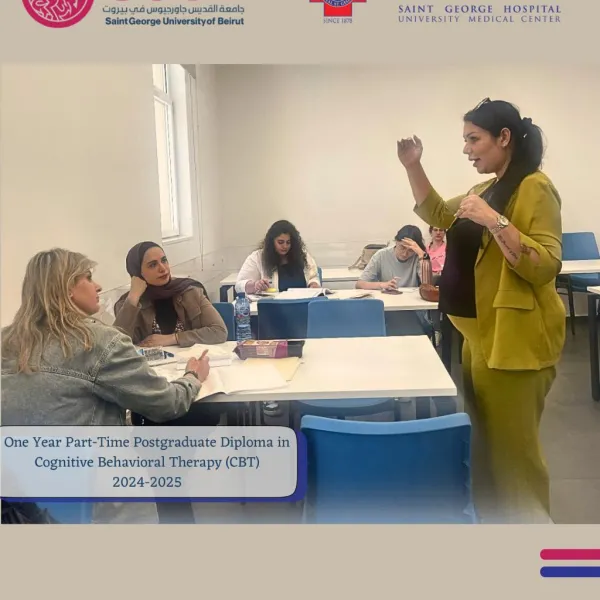Including information about co-morbidity in estimates of disease burden: results from the World Health Organization World Mental Health Surveys
Abstract
Background
The methodology commonly used to estimate disease burden, featuring ratings of severity of individual conditions, has been criticized for ignoring comorbidity. A methodology that addresses this problem is proposed And illustrated here with data from the WHO World Mental Health Surveys. Although the analysis is based on self-reports about one’s own conditions in a community survey, the logic applies equally well to analysis of hypothetical vignettes describing comorbid condition profiles.
Methods
Face-to-face interviews in 13 countries (six developing, nine developed; n = 31,067; response Rate = 69.6%) assessed 10 classes of chronic physical and 9 of mental conditions. A Visual Analog Scale (VAS) was used to assess overall perceived health. Multiple regression analysis with interactions for comorbidity was used to estimate associations of conditions with VAS. Simulation was used to estimate condition-specific effects.
Results
The best-fitting model included condition main effects and interactions of types by numbers of conditions. Neurological conditions, insomnia, and major depression were rated most severe. Adjustment for comorbidity reduced condition-specific estimates with substantial between-condition variation (.24–.70 ratios of condition-specific estimates with and without adjustment for Comorbidity). The societal-level burden rankings were quite different from the individual-level rankings, with the highest societal-level rankings associated with conditions having high prevalence rather than high individual-level severity.
Conclusions
Plausible estimates of disorder-specific effects on VAS can be obtained using methods that adjust for comorbidity. These adjustments substantially influence condition-specific ratings. Psychological Medicine, 41(4), 873-86
To obtain complete access to the article, please send an email to idraac@idraac.org, in which you specify your position and the reason for your request.



